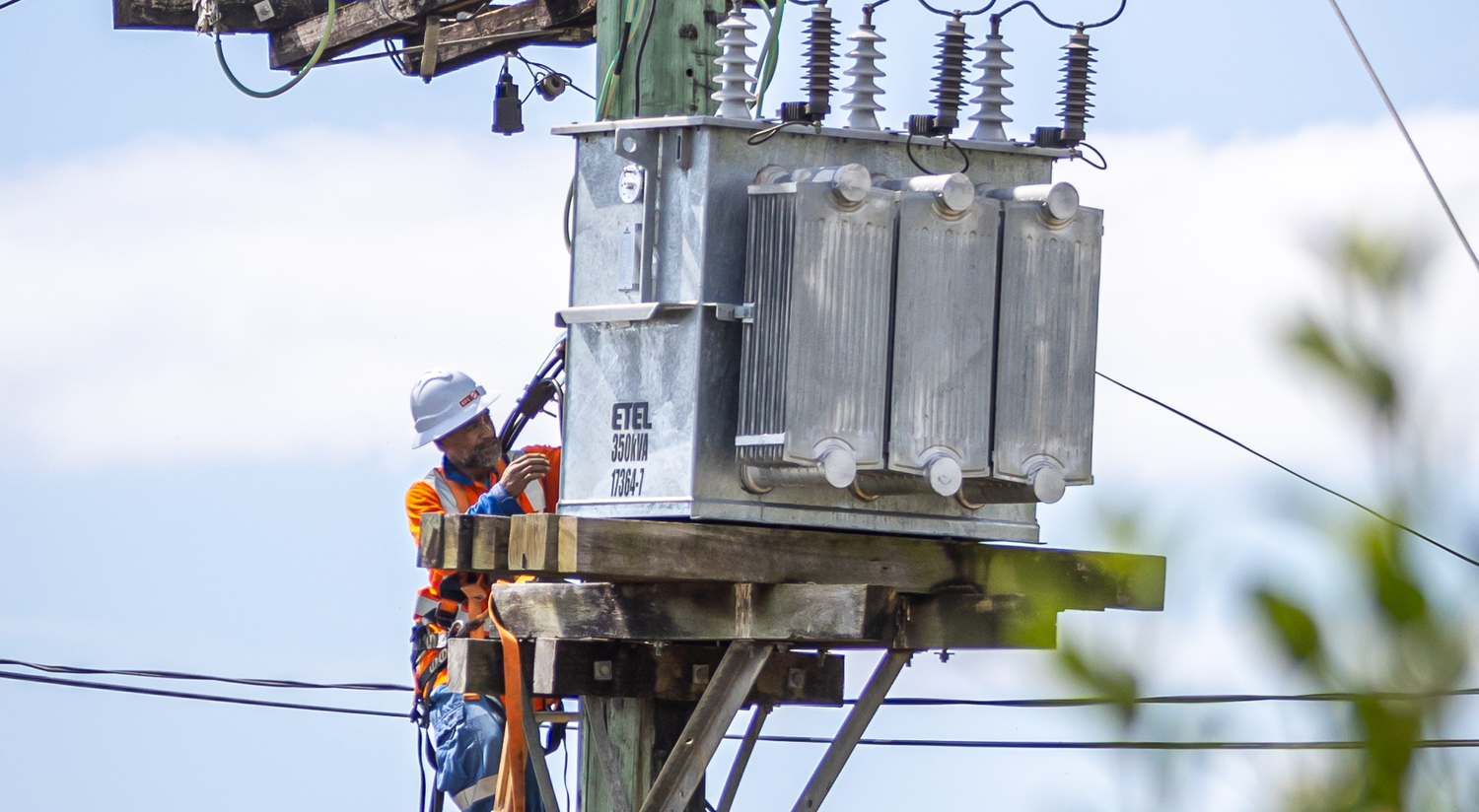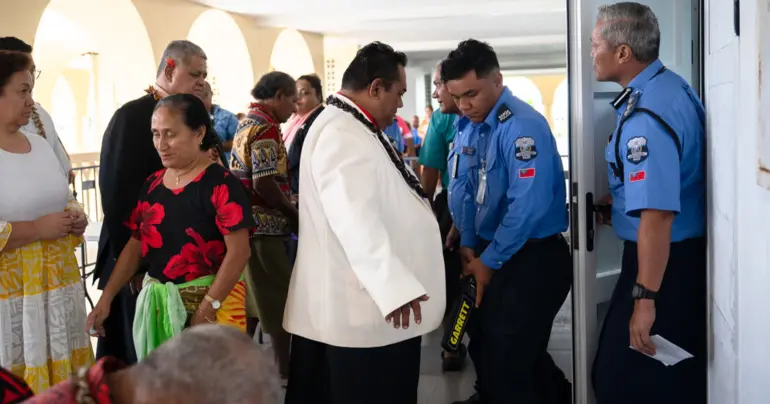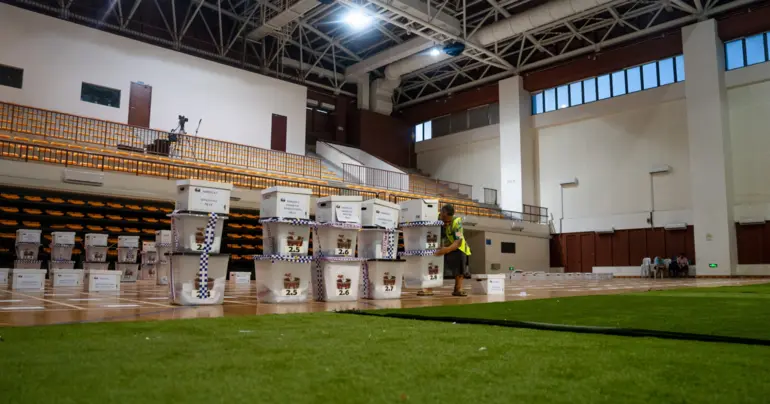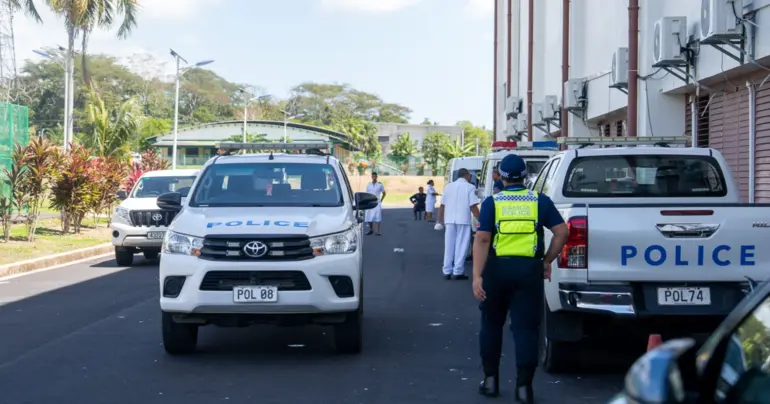Electricity tariff decision needs a reality check
There’s no doubt Samoa’s Electric Power Corporation (EPC) is caught between a rock and a hard place – in trying to keep costs down for local power consumers during this post-COVID-19 pandemic recovery period – and breaking even in terms of its finances.
This probably explains why the EPC General Manager, Faumui Tauiliili Toimoana expressed confidence during an interview with Samoa Observer in July this year that the Samoa government will not revoke the 20 per cent electricity bill reduction for both residential homes and local businesses unaware of the policy change close to three months later.
He gave the assurance after he confirmed the Cabinet revoked a 20 per cent discount on electricity tariffs for government ministries, state-owned enterprises and government bodies.
Last Monday the EPC advised in a public notice that the Cabinet had revoked the 20 per cent reduction in electricity costs for all non-domestic consumers including commercial users with the new increased electricity charges to go into effect on 1 November 2023.
However, the main concern for the public in Samoa right now is the timing of the Cabinet’s decision to revoke the 20 per cent reduction in electricity costs for local businesses, amid increasing concerns about inflationary pressures and its direct impact on the cost of living generally in Samoa.
Did the Cabinet consider the buying power of the Samoan tala currently as well as the ability of ordinary Samoans to be able to put food on the table for their families when deciding to revoke the 20 per cent reduction in electricity costs for local businesses?
We ask this question because there is a direct link between the cost of goods and services that Samoa’s private sector currently sells to the public and the new electricity tariffs that these businesses will start paying next month. It will cost local businesses more from next month to offer the same goods and services which gives them no choice but to increase their cover price.
In retrospect, we are not even sure, if there will be any winners from this decision by the Cabinet to revoke the 20 per cent discount on electricity tariffs for local businesses.
Late last month, the Asian Development Bank (ADB) during the launching of one of its economic reports on Pacific Island economies (including Samoa), estimated that the average inflation in Samoa for the 2023 financial year was 12.0 per cent. However, there was consensus during a panel discussion on the ADB report that the inflation currently in Samoa is much higher than the bank’s 12.0 per cent estimate, with Samoan families already feeling the pinch of paying high prices for basic items in both shops and the markets.
Coincidentally, at the same panel discussion on the ADB report late last month, the Samoa Chamber of Commerce President, Seulupe Michelle Macdonald spoke of the challenges that the private sector is still facing in Samoa’s post-pandemic economy.
Speaking about the likely effects of a minimum wage increase, she said it would be an added cost that local companies would struggle to meet.
"The businesses are still recovering so the reality is while we do appreciate the fact that we want to increase wages, the reality is we are still recovering as businesses and it is the cost of doing business and that's the brutal reality,” said Seulupe.
We doubt local businesses in Samoa will be in financially viable positions next month to take on added costs such as a 20 per cent spike in electricity tariffs, if the testimony of the Samoa Chamber of Commerce President at last month’s ADB event is any indication.
It also makes you wonder whether the decision by the Cabinet on 9 October 2023 to revoke the 20 per cent reduction in electricity costs was made after consultation with important stakeholders such as the Samoa Chamber of Commerce.
One major downside of the Cabinet’s decision is that it will only add to the cost of doing business in Samoa, which Seulupe raised concerns about, on behalf of the Samoa Chamber of Commerce. This decision will also be a disincentive for potential investors who could be considering Samoa as an ideal investment destination.
Over the last four months, the Cabinet has acted swiftly to invoke the 20 per cent electricity tariff reductions for government ministries and agencies and last week the private sector. The million tala question now for the current Fa’atuatua i le Atua Samoa ua Tasi (FAST) government, is whether domestic consumers of electricity, who are ordinary Samoan citizens are the next ones in line to lose that discounted tariff in these hard times.
It is a shame that multimillion-dollar investments in sustainable energy sources over the last decade, such as hydro and solar projects funded by both donors and government during the terms of the former and now the current administration, have yet to yield tangible returns for ordinary citizens as the private sector through the offering of affordable electricity.











